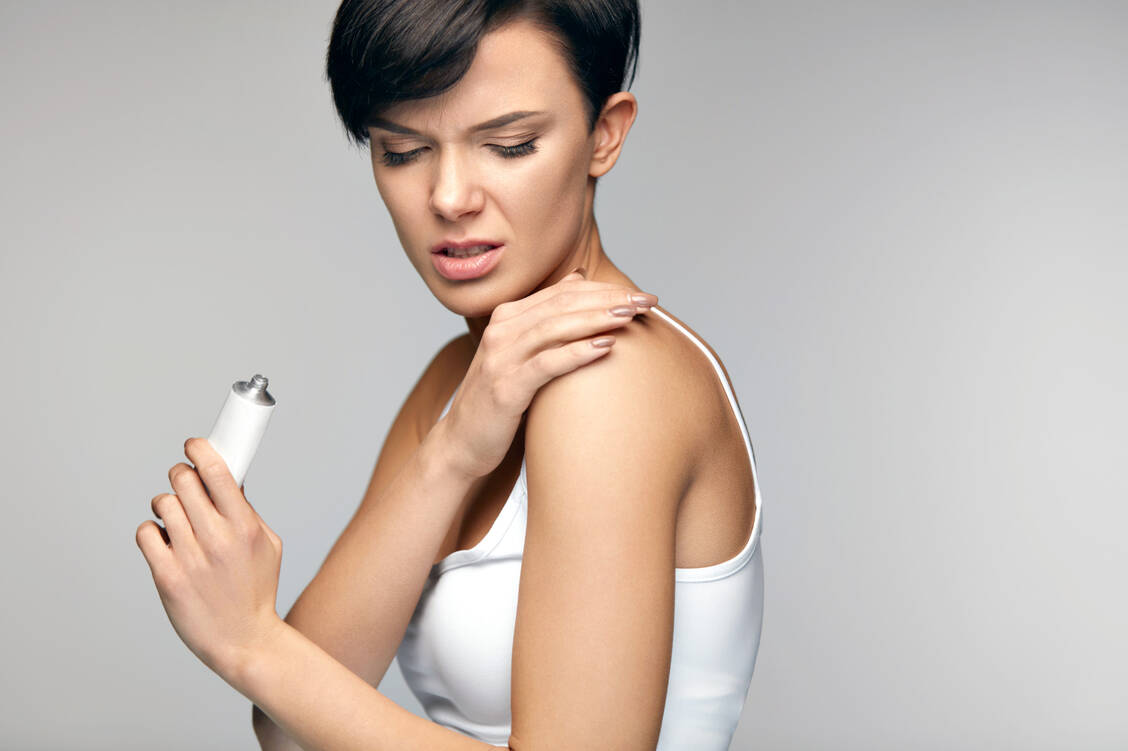For psoriasis patients, urea is one of the most important substances in skin care, as the skin itself contains very little urea. For example, lipophilic urea cream (NRF) with 5 or 10 percent urea is recommended. Some patients however do not tolerate urea well. Then allantoin can be an alternative for skin care.
In the case of pruritus caused by allergies or insects topical medicines are helpful. In self-medication, antihistamines such as dimetindene, bamipine and tripelennamine have been successfully used for a long time. They are, for example, contained in the products Fenistil®, Soventol® or Azaron®. Also proven successful have been 0.25 or 0.5 percent Hydrocortisone preparations. Cortisol slows down excessive immune reactions and inflammations of the skin and thus also combats itching.






